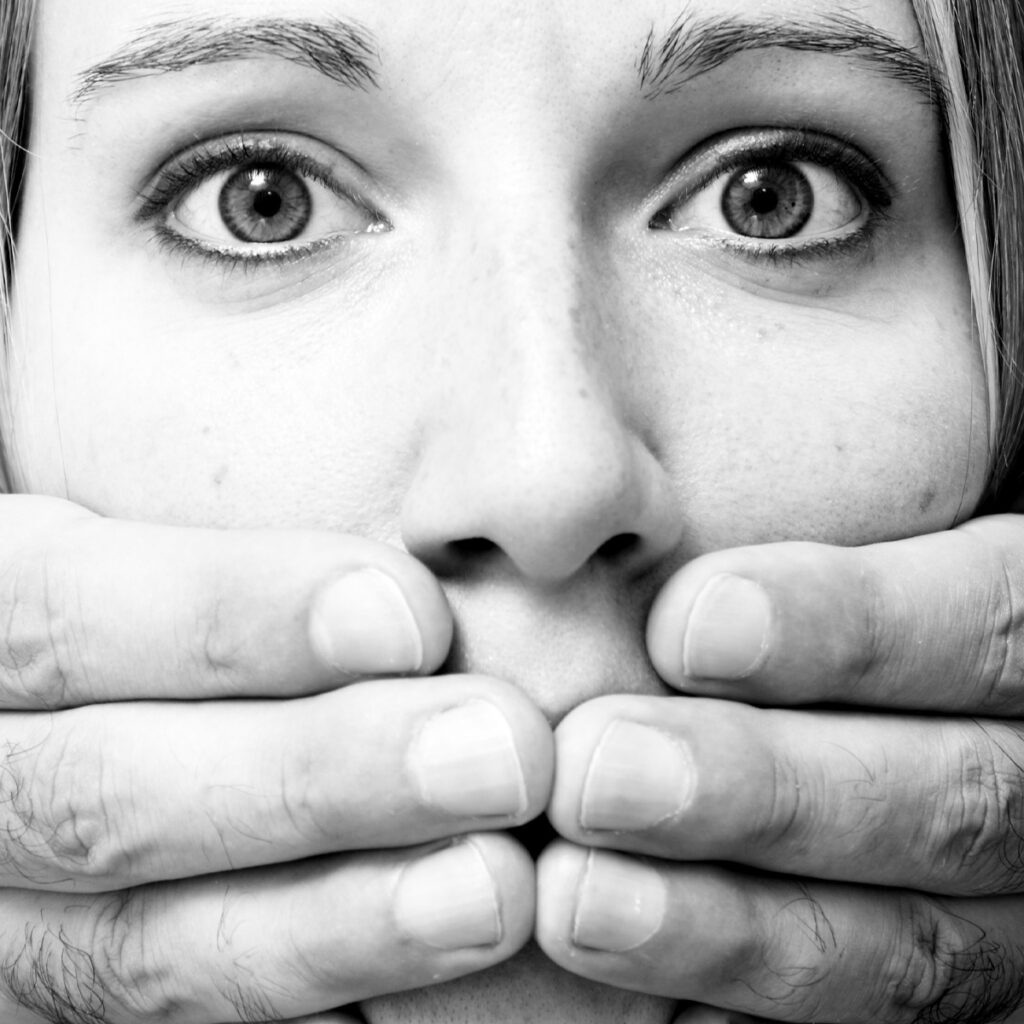Handling Signs of Domestic Abuse
From high profile figures like Mindy McCready and Rihanna to potentially your neighbor, hundreds of thousands of women across this country are victims of domestic violence. In fact, the latest statistics indicate that two out of three women in America have experienced domestic violence or sexual violence.
While there is usually a huge outcry when we hear these cases reported on the news, the reality is there are probably a lot of women you know who are dealing with this issue. Studies indicate that only one-third actually report the abuse.
Many people are in destructive relationships and don’t recognize them for what they are. Just because you don’t have a black eye or a broken arm does not mean the relationship isn’t destructive. Abuse is defined as a pattern of behavior in any relationship that is used to gain or maintain power and control over an intimate partner. These relationships are often characterized by intense jealousy and controlling behavior which could include physical, emotional or sexual abuse, denial and blame, intimidation, coercion, threats and isolation. Telltale signs that a woman might be in an abusive relationship include:
- She has limited amounts of time with others
- She is held responsible for how she spends money or not being allowed access to money
- She is not allowed time with her friends or family
- She is wearing clothing to cover bruises
- She is wearing sunglasses to cover black eyes
- She has poor self-confidence or self-esteem
- She constantly makes excuses to justify the person’s behavior

Unfortunately, there are many people who suspect they know a friend who is being abused, but are at a loss as to how to help. Research has shown that in most of these relationships there is a cycle of an abusive outburst, then a honeymoon period, followed by a tension building stage that leads to another outburst. This cycle often goes on for many years. The good things that victims get from the relationship in the honeymoon stage have the affect of making them believe change is likely to occur.
If you suspect that someone is being abused, experts suggest the following:
Help your friend recognize the abuse. Help your friend see that what is happening is not normal. Healthy relationships revolve around mutual respect, trust, and consideration for the other person. Unhealthy relationships are characterized by intense jealousy and controlling behavior, which could include physical, emotional or sexual abuse.
Support your friend’s strength. Acknowledge the things she does to take care of herself.
Help your friend with a safety plan. Look into the resources available in our community to keep victims of domestic violence safe. Tell your friend that when she is ready to leave, you will be there for her. Tell her you are concerned for her safety and the safety of her children. Encourage her to get help as soon as possible. Give her the phone number to the domestic violence hotline – (423) 755-2700.
Be a good listener. Empower her through listening. Be non-judgmental. Never underestimate the power of your willingness to listen and encourage.

